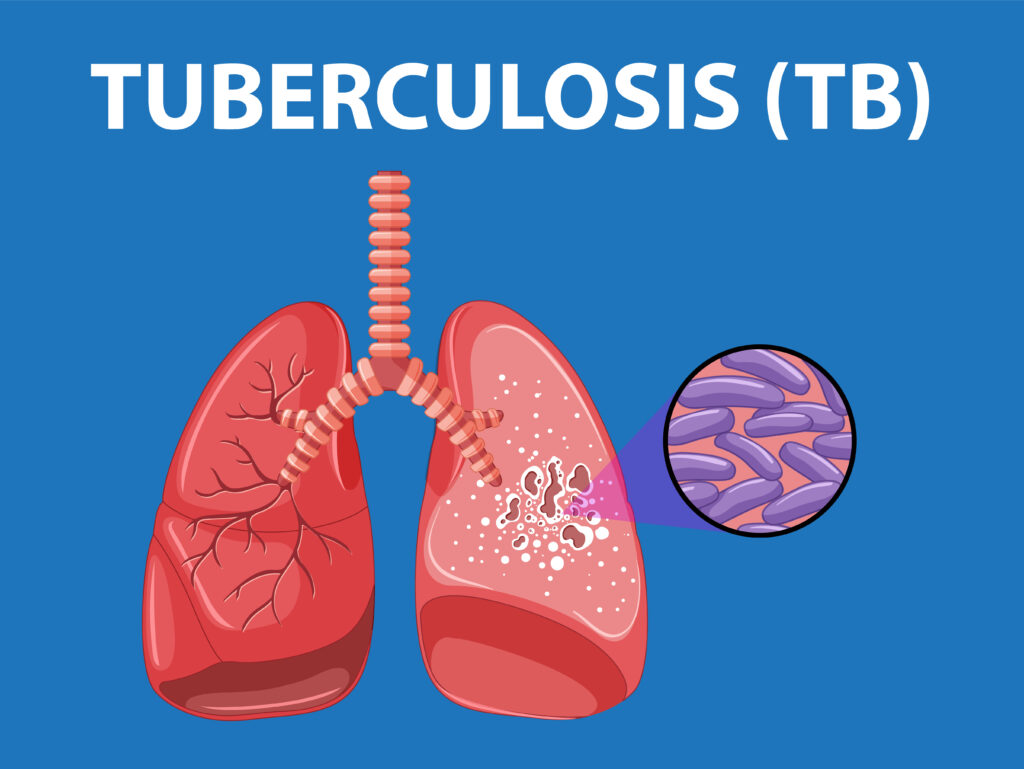What is Tuberculosis?
Tuberculosis, often called TB, is a serious infection. It mainly affects the lungs, but it can also harm other parts of the body. Many people around the world get sick from TB each year. In some countries, like India and South Africa, tuberculosis is more common. The disease spreads from person to person through the air. When someone with active TB coughs or sneezes, tiny germs can travel to others nearby.
Although TB can be dangerous, it is treatable. Early detection and proper care help prevent serious problems. Knowing the signs and causes of tuberculosis is important for everyone.
Causes of Tuberculosis
Tuberculosis is caused by a type of bacteria called Mycobacterium tuberculosis. This germ enters the body when a person breathes in air containing the bacteria. Not everyone who breathes in the bacteria will get sick right away. Sometimes, the germs stay inactive in the body for years. This is called latent TB. However, the germs can become active later and cause illness.
Here are some common ways TB spreads:
For these reasons, TB is more common in places with poor ventilation or limited healthcare. But, anyone can get tuberculosis if exposed to the bacteria.
Symptoms of Tuberculosis
Not everyone with tuberculosis feels sick. In fact, people with latent TB do not have symptoms. But, when the disease becomes active, symptoms appear. Pulmonary tuberculosis, which affects the lungs, is the most common type. Early signs can be mild, so it is easy to miss them.
Common tuberculosis symptoms include:
Sometimes, TB can affect other parts of the body, like the kidneys or spine. In these cases, symptoms depend on the area involved. For example, TB in the spine may cause back pain.
When to See a Doctor
It is important to pay attention to your health. If you have a cough that will not go away, or if you notice any other symptoms of tuberculosis, you should see a doctor. Early testing and treatment can stop the disease from spreading to others. In addition, if you have been in close contact with someone who has active TB, you should get checked, even if you feel fine.
Remember, tuberculosis is treatable. With the right care, most people recover fully. But, waiting too long can make treatment harder.
If you notice symptoms of tuberculosis, consult a healthcare professional for proper diagnosis and treatment.
